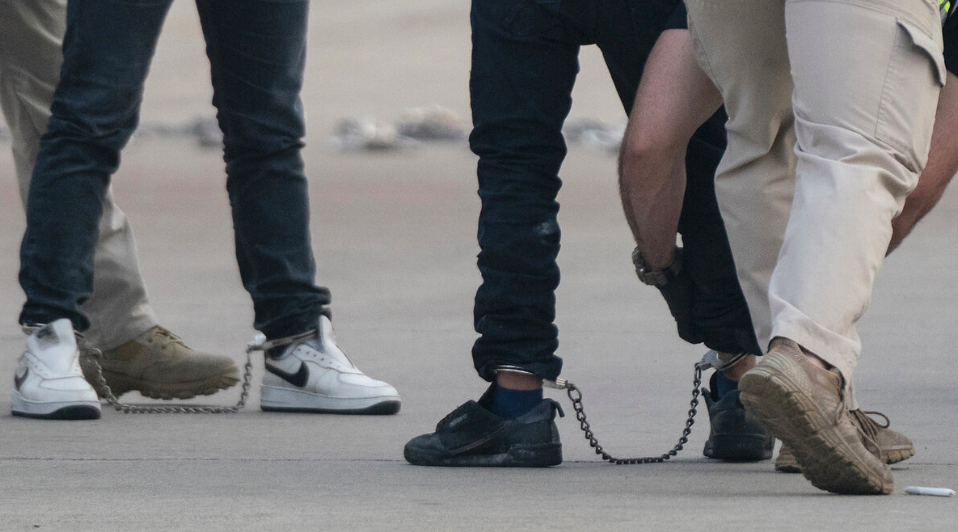During his campaign, President-elect Donald Trump promised he would enact “the largest deportation operation in American history,” possibly involving the military.
The president-elect also pledged more deportations during his first term than he delivered.
As of January 2022, the US government estimates, there were 11 million unauthorized immigrants living in the U.S and that some polls suggest the majority of Americans support mass deportations.
And yet, a second Trump administration is armed with lessons learned from his prior administration and hard-line loyalists who shaped his border policies before.
Among those are Tom Homan, Trump’s newly announced “border czar,” and Stephen Miller, an immigration adviser who will take on a deputy chief of staff role.
Trump advisers are discussing declaring a national emergency to help facilitate immigration detention and deportation, and potentially open up the use of military bases to hold immigrants.
On Monday, Trump called similar reports “TRUE!!!” on his Truth Social account.
Many immigrants and their advocates are bracing for major change. Their fears include more separations of mixed-status families and potential hits to industries like agriculture, which economists say could raise prices across the United States.
The scale of deportations may depend on what Trump wants to accomplish, says David Thronson, immigration law professor at Michigan State University.
“If he wants headlines,” says Professor Thronson, he could order mass roundups at the limits of the law – and let courts decide “what violates due process or not.”
“If you’re in the country illegally, you shouldn’t be comfortable,” he told journalists. “You should be concerned because you broke our laws.”
“It’s scary for us,” says the woman who operates a small-business in Colorado. There are “not many options for us to come here in the ‘right’ way.”
Trump’s win was “something we didn’t expect to happen,” she says. Her family plans to remain in blue-state Colorado and avoid visiting relatives in Florida. She considers the Republican-led state more supportive of Trump’s agenda.
What are Trump’s deportation priorities?
Congress hasn’t made major changes to the country’s immigration laws since the 1990s. Yet the application of those laws depends on who’s in office, as presidents set priorities. That includes which immigrants to focus on for “removal” – a legal term for deportation.
During the Biden administration’s first year, Homeland Security Secretary Alejandro Mayorkas directed U.S. Immigration and Customs Enforcement (ICE) to focus on the removal of non citizens who threaten national security, public safety, and border security. He counseled against spending resources on those posing no threat.
The incoming administration similarly says it will first target criminals who pose security risks. But Mr. Trump will likely broaden that scope to other unauthorized immigrants. Entering the country illegally, for example, is a misdemeanor on the first offense. Residing in the U.S. without proper authorization, such as by overstaying a visa, is a civil violation.
Homan, tapped to oversee the mass deportation effort, has confirmed to press that workplace roundups would resume. He also told conservative podcaster Charlie Kirk that the operation should be transparent, with a weekly briefing to the public.
Former acting director of ICE under the first Trump term, who pitched the “zero tolerance” policy that resulted in family separation, Mr. Homan says transportation and shelter help from the Department of Defense may be necessary. He’s also mentioned outreach from “thousands” of military and law enforcement retirees willing to assist.




















